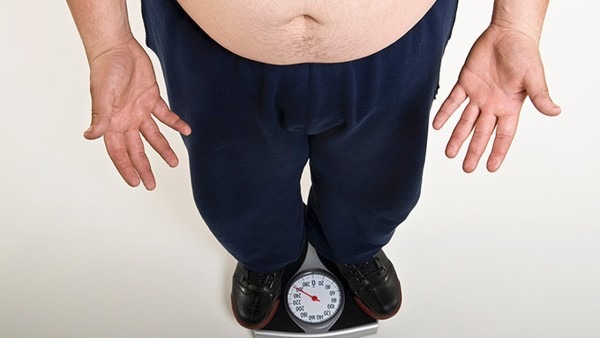Melatonin is often hailed as a miracle worker for those struggling with sleep, but for breastfeeding moms, the question of safety lingers. The good news? Experts like Dr. Iffath Hoskins confirm that melatonin supplements don’t pose a direct risk to your baby through breast milk—only trace amounts (less than 1 percent) make it into your milk. But before you pop that gummy, there’s a catch: drowsiness. Falling asleep while nursing or co-sleeping can be dangerous, so timing and dosage matter more than you might think.
The Science Behind Melatonin and Breastfeeding
Melatonin is a hormone your body naturally produces to regulate sleep-wake cycles. When you take it as a supplement, it boosts those signals, helping you drift off faster. But here’s the kicker—your breast milk already contains melatonin, with levels peaking at night to help your baby establish their own sleep rhythm. Studies suggest that supplemental melatonin doesn’t drastically alter this natural process, but since research on breastfeeding moms is limited, most doctors err on the side of caution. The general consensus? Small, occasional doses are likely fine, but relying on it nightly might warrant a chat with your pediatrician.
When Drowsiness Becomes a Safety Hazard
it’s a scary thought. Dr. Hoskins emphasizes that melatonin’s sedative effect varies by person; some feel mildly relaxed, while others crash hard. If you’re already running on fumes, even a low dose could tip you into dangerous exhaustion. The fix? Take melatonin only when you have backup (like a partner on night duty) or right before a stretch of uninterrupted sleep—say, after a late-night pump session when baby’s already down.
Alternative Ways to Boost Sleep Without Supplements
If melatonin feels too dicey, there are other ways to sneak in more Zzz’s. First, optimize your environment: blackout curtains, white noise, and a cool room work wonders. Next, sync with your baby’s schedule—nap when they nap (yes, even if it’s 2 p.m.). Caffeine cutoffs by noon and screen-time curfews help too. And don’t underestimate power naps—10-20 minutes can reboot you without the grogginess. If all else fails, lean on your village. Let someone else handle the 3 a.m. diaper change while you catch a solid block of sleep.
The Bottom Line on Dosage and Timing
If you do opt for melatonin, start low—think 0.5 mg to 1 mg—and take it 30 minutes before bed. Avoid extended-release formulas; they linger in your system longer, upping the odds of next-day fog. Always check labels for additives (some gummies contain alcohol or excess sugar) and steer clear of combo sleep aids with antihistamines. Most importantly, track your baby’s behavior. If they seem extra sleepy or fussy after you’ve taken melatonin, pause and reassess. Your body’s doing enough heavy lifting—no need to gamble with guesswork.
At the end of the day, melatonin isn’t a villain, but it’s not a one-size-fits-all solution either. Balancing safety and sanity means weighing the pros (actual sleep!) against the cons (potential drowsiness). When in doubt, a quick convo with your doc can help tailor a plan that keeps both you and your little one thriving—because rested moms make for happier families.
























